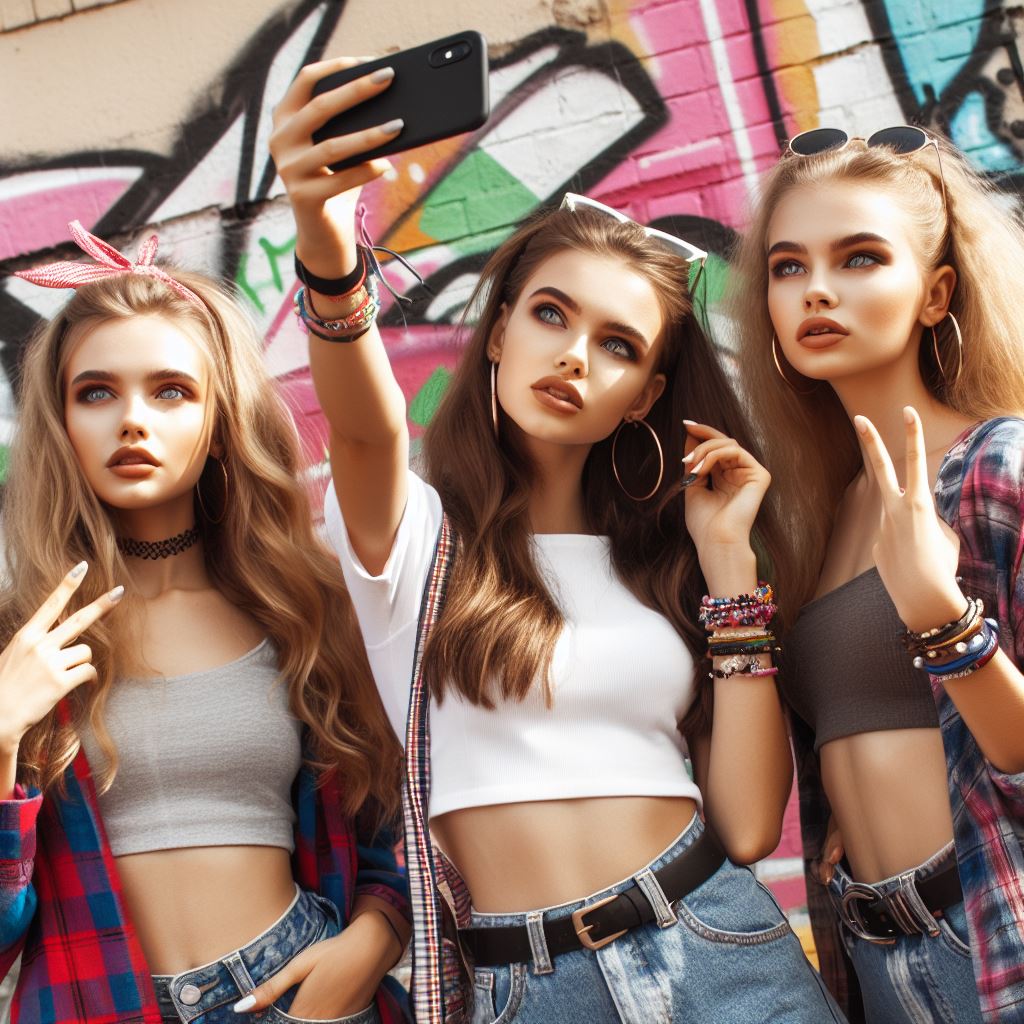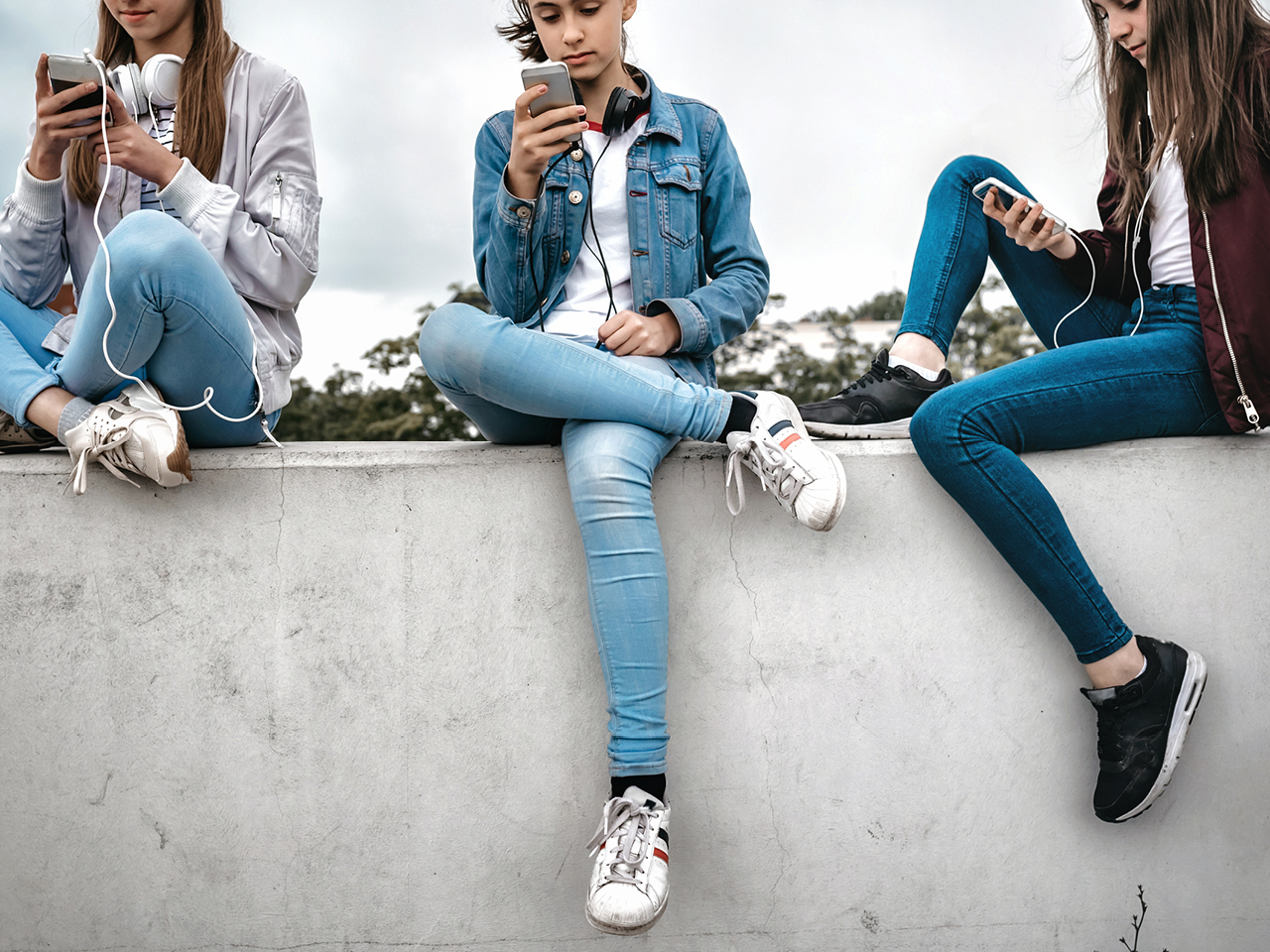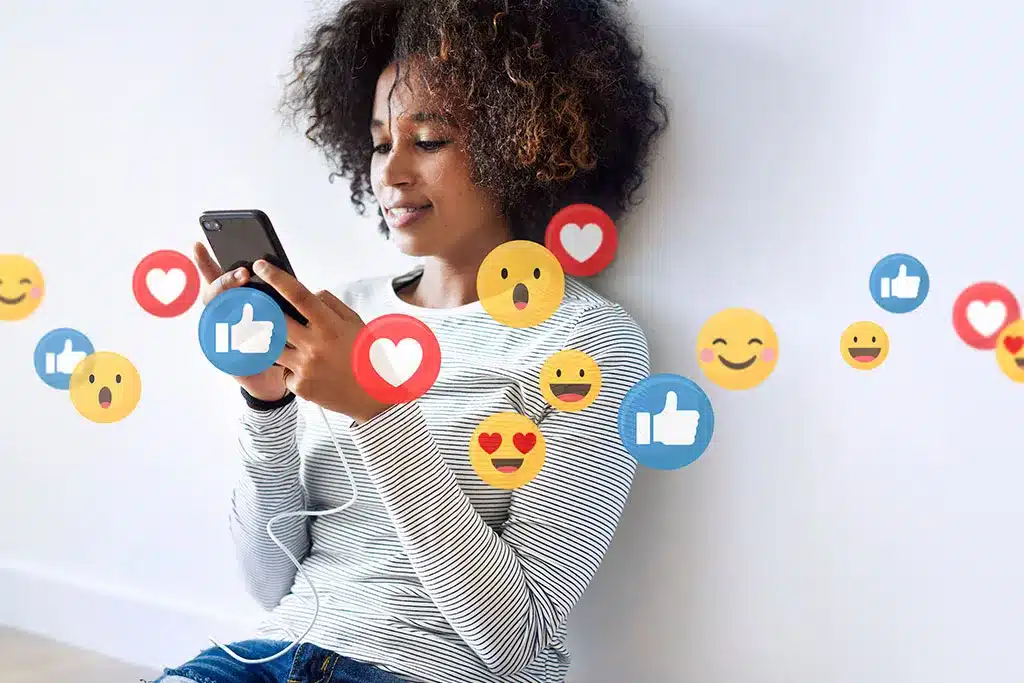Has social media truly empowered women, or has it created a distorted reality? The digital age has undeniably amplified female voices, but it has also fostered a culture of performative authenticity and unrealistic expectations, particularly surrounding image and self-worth.
The pervasiveness of platforms like Instagram and TikTok has fundamentally altered the landscape of female interaction. Young women leverage these platforms to explore their identities, showcase their talents, and share their stories with a global audience. The ability to connect with like-minded individuals and build communities around shared interests is a powerful aspect of social media's influence. However, this seemingly democratizing force has a darker side, one where carefully curated online personas often mask insecurities and the pressure to conform to unrealistic beauty standards can be immense.
| Aspect | Impact of Social Media on Young Women |
| Identity Exploration | Facilitates experimentation with different facets of self-expression and self-discovery. |
| Talent Showcase | Provides a platform to share creative work and gain recognition. |
| Voice Amplification | Enables young women to share perspectives and participate in public discourse. |
| Community Building | Connects individuals with shared interests and fosters a sense of belonging. |
| Pressure to Conform | Creates unrealistic expectations regarding appearance and lifestyle, leading to potential self-esteem issues. |
| Performative Authenticity | Encourages curated online personas that may not reflect true selves. |
| Mental Health Impact | Can contribute to anxiety, depression, and body image issues due to constant comparison with others. |
| Privacy Concerns | Raises questions about data security and the potential for exploitation of personal information. |
Pew Research Center - Teen Social Media Use in 2022
The democratization of content creation, while empowering, has also blurred the lines between genuine connection and performative engagement. The pursuit of likes and followers can drive individuals to adopt online personas that project an idealized version of themselves, contributing to a culture of inauthenticity. The constant exposure to curated content can fuel feelings of inadequacy and anxiety, particularly among young women who are bombarded with images of seemingly perfect lives.
Consider the common social media tropes: the perfectly posed vacation photos, the meticulously styled outfits, the flawless selfies that project an aura of effortless beauty. These carefully constructed narratives often mask the mundane realities of everyday life. The pressure to maintain this facade can be exhausting, leading to a cycle of comparison and self-doubt. The question then becomes: are young women truly empowered by their online presence, or are they trapped in a performance designed to garner validation from an anonymous audience?
The concerns raised within online forums and discussions further highlight the complexities of this issue. From questions about switching business accounts to creator accounts to anxieties about being judged for social media usage, the conversations reveal a preoccupation with online perception. The comments sections often devolve into debates about attention-seeking behavior, with accusations of thirst traps and gossiping leveled against women who actively engage on these platforms.
The anxieties surrounding social media extend to dating dynamics as well. The ubiquitous nature of these platforms has introduced new challenges to romantic relationships. The ease with which individuals can connect online can lead to feelings of insecurity and jealousy. The constant stream of images and interactions can fuel suspicion and distrust, making it difficult to establish genuine connections.
The very structure of social media platforms encourages superficial interactions. The emphasis on visual content, particularly on platforms like Instagram and TikTok, prioritizes image over substance. The algorithms that govern these platforms reward engagement metrics such as likes and comments, incentivizing users to create content that is designed to go viral, rather than fostering meaningful dialogue.
While social media offers opportunities for connection and self-expression, it is essential to approach these platforms with a critical eye. The curated nature of online content can create a distorted reality that perpetuates unrealistic expectations and fuels insecurities. Cultivating a healthy relationship with social media requires a conscious effort to prioritize genuine connection over superficial engagement and to recognize the limitations of online personas.
Furthermore, the anonymity afforded by platforms like Reddit allows for candid conversations about the challenges of navigating the digital landscape. Users share their experiences with social media management, seeking advice on how to optimize their online presence. These discussions reveal a deep-seated desire to understand the intricacies of the social media world and to leverage its power for personal and professional gain.
The impact of social media on young women is multifaceted and complex. While it has undoubtedly provided a platform for self-expression and community building, it has also introduced new challenges surrounding self-esteem, authenticity, and mental health. Navigating this digital landscape requires a critical approach, one that recognizes both the potential and the pitfalls of online engagement. The ongoing conversation about the role of social media in shaping female identity is crucial, as it helps us to understand the complexities of this ever-evolving digital world.
Ultimately, the question of whether social media empowers or disempowers women remains open for debate. The answer likely lies somewhere in the middle, as the impact of these platforms varies greatly depending on individual usage and personal experiences. The key is to cultivate a mindful approach to social media, one that prioritizes authentic self-expression and recognizes the limitations of online validation.


